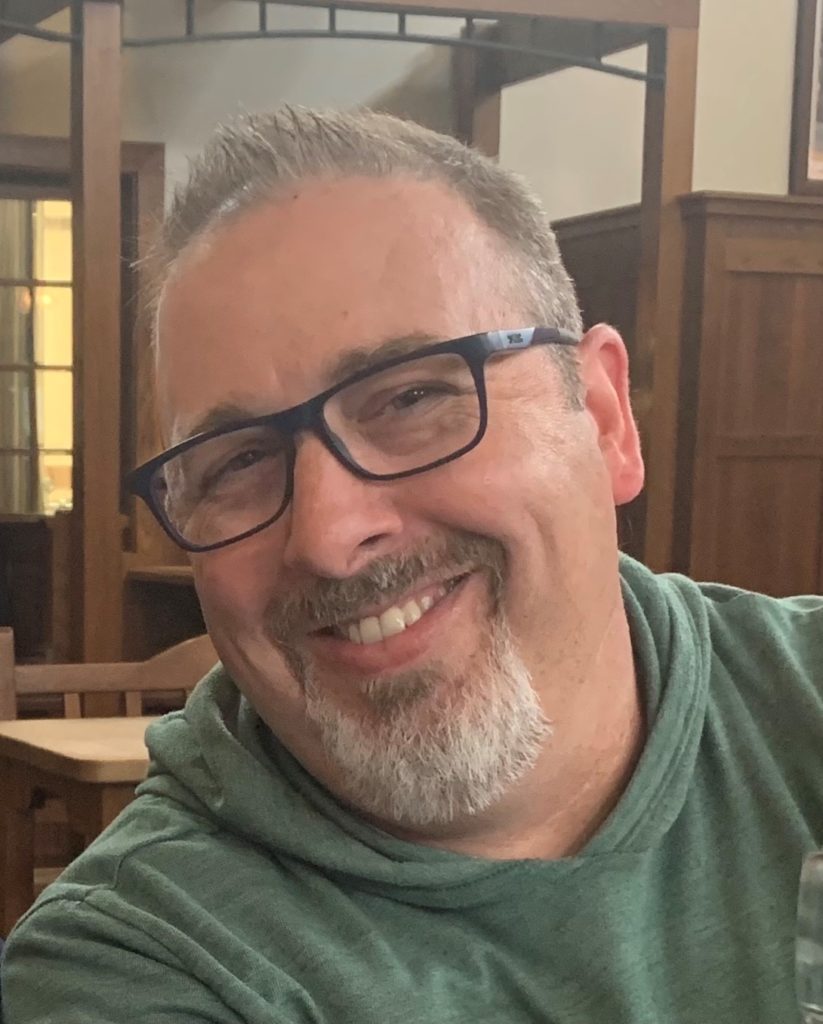Jeremy Daugherty, OR Manager at Mount Carmel Grove City Hospital Shares His Perspective on Donation

Jeremy Daugherty has been a part of an operating room team for 31 years and 27 as a registered nurse. He currently is the OR manager at Mount Carmel Grove City and the chair of their Donation Council. Through his tenure, he has helped facilitate multiple organ procurement procedures and has graciously agreed to share his perspective on the impacts of donation, specifically for OR staff.
He began by highlighting the change in perspective that Honor Walks have provided for hospital staff.
“The Honor Walk allows us to be a part of the donor family side of transplantation. Even though we’re not on the receiving side, it’s extremely important for us to know that many lives can be saved because we’re managing the organ and tissue recovery.”
Jeremy feels educating hospital staff to the role that Lifeline of Ohio plays is critical. Understanding how many people are waiting for a lifesaving gift and the role that hospital staff play in the donation process matters, as they often don’t see the end result (the recipients of the donated gifts).
When asked for advice on improving the procurement process, Jeremy shared one of the biggest things to take into consideration is physical layout of the OR. This is important for DCD cases and terminal extubation.
“You need to be close enough to the OR but still have room for family to be present. There needs to be constant communication with the procurement team regarding updates on times, because there may be frequent changes due to all of the teams involved such as the Lifeline of Ohio team, ICU team, Anesthesia, incoming recovery teams, etc.”
Once a timeline is established, Jeremy likes to talk to the family and see what they would like for their loved one—whether they want the flag at the funeral and maybe an Honor Walk.
Jeremy shared that communication and collaboration is key. The availability of the OR is a premium in most hospitals so having established relationships and processes is vital to the success of the donor program.
“It’s a best practice to debrief and address any issues that arose during the recovery. We’re always looking to get better and assess the needs of the donor families.”